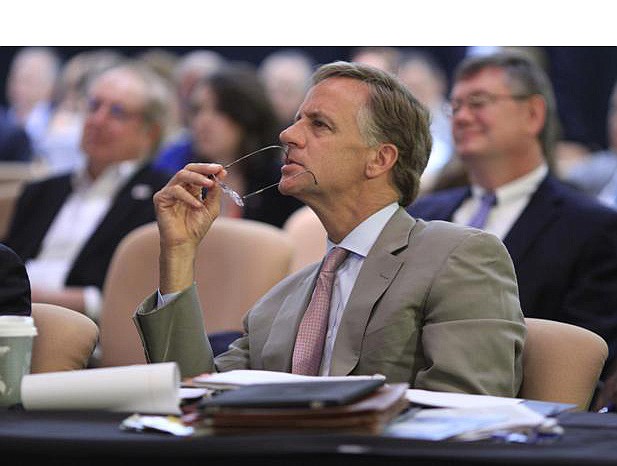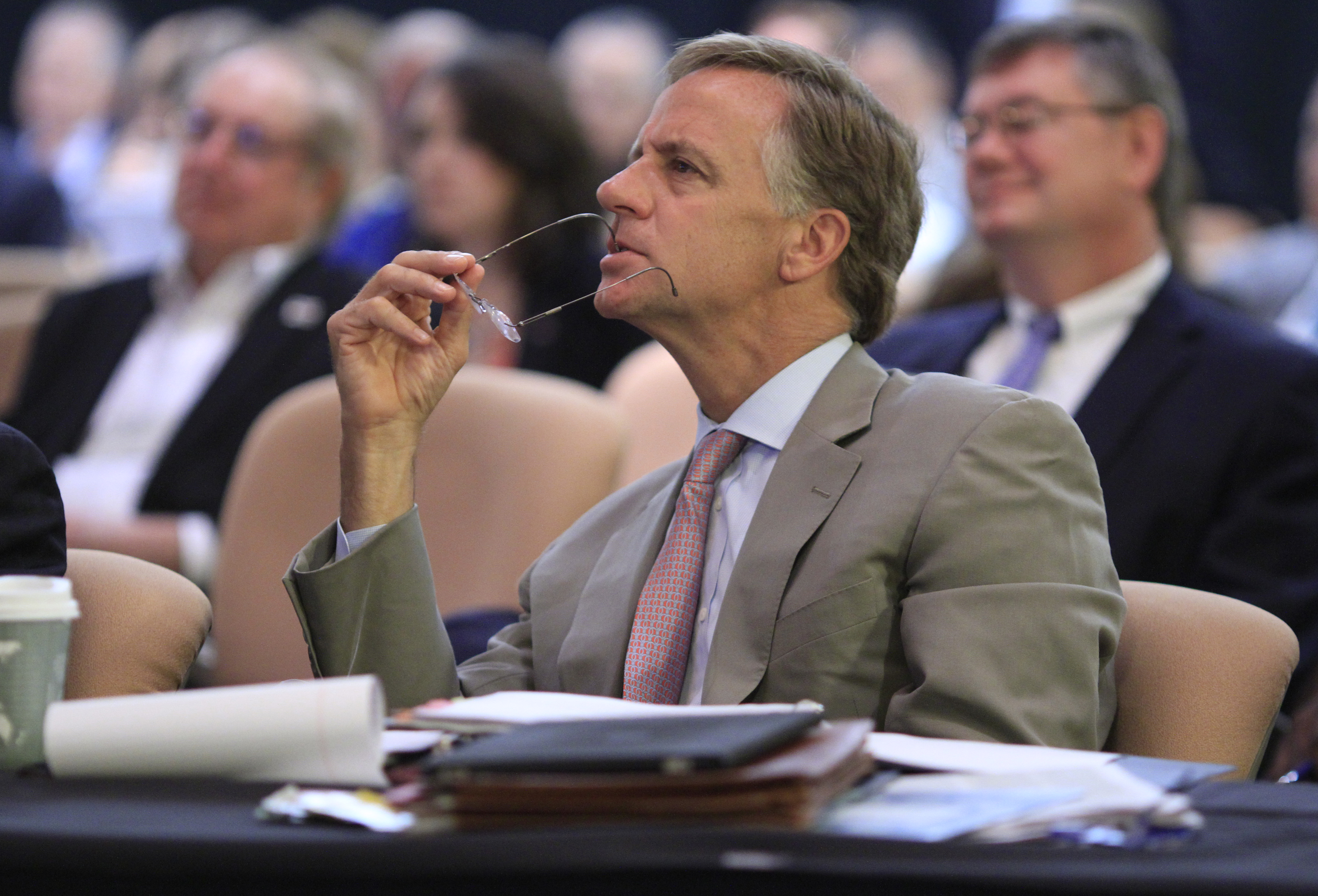NASHVILLE -- Tennessee hospitals say they're going to bleed if Gov. Bill Haslam and the General Assembly don't agree to expand TennCare under the federal Affordable Care Act.
"We're going to have to sit down with the administration to see what we can do about it," said Craig Becker, Tennessee Hospital Association president. "It's pretty clear that that is absolutely our Achilles' heel right now."
While the U.S. Supreme Court last week upheld most of the health care law, justices struck down a mandate for states to expand their Medicaid programs. The court gave states the choice whether to opt into the Medicaid expansion in 2014.
Haslam and Georgia Gov. Nathan Deal, both Republicans, said they haven't decided whether to expand Medicaid under a law they oppose. Tennessee's Medicaid program is called TennCare.
But Florida's Republican governor, Rick Scott, told Fox News on Friday he won't join the expansion. Republicans in at least three other states also are considering opting out, according to other news accounts.
Speaking to reporters on Friday, Haslam said, "We don't really know what we're going to do ... but the cost impact to the state is very significant."
Haslam and Finance Commissioner Mark Emkes have said the state has other pressing needs in areas like education. The governor said he hopes the GOP's presumptive presidential nominee, Mitt Romney, is elected.
Romney has vowed to repeal the law, President Barack Obama's signature legislative achievement.
But the hospital association and its members are a potent lobbying force at the state Capitol.
Becker said hospitals are worried because the Affordable Care Act dramatically would reduce special payments to hospitals that treat large numbers of Medicaid or uninsured patients.
The law assumes 30 million people nationwide will get coverage either through Medicaid or the individual mandate. The special payments will shrink $1 billion by 2019, Becker said.
"It would be pretty bad," Becker said, noting many rural hospitals could be hard hit.
He noted that while hospitals are eager for the Medicaid expansion, "we're obviously aware it has to be done within the restraints of the budget."
Tennessee Justice Center Executive Director Gordon Bonnyman said Tennessee's not participating in the Medicaid expansion would lead to "the collapse of a good portion of the hospital industry" in rural areas. The center is an advocacy group that supports the health care law.
Not only that, he said, "but the dominoes would be really significant. You just look at rural communities where in many counties the largest employer, or one of the top two or three, [is] the hospital. And when that closes, obviously that has a huge economic impact."
The law would extend health care coverage to 16 million Americans by expanding Medicaid to cover people with incomes of up to 138 percent of the federal poverty level -- about $25,571 for a family of three last year. Other low- and middle-income people would fall under the individual mandate, which requires them to obtain private coverage and offers federal aid to help with the cost.
The law assumes the additional coverage will reduce the need for the special payments to hospitals.
The federal government will pay the entire cost of the Medicaid expansion for the first three years, reducing its share to 90 percent in 2019.
In Tennessee, about 930,000 people, or 14.7 percent of the population, have no insurance, according to U.S. Census Bureau estimates.
Tennessee officials say 25 percent of the state's residents already are eligible for TennCare and the expansion would bring in up to 300,000 more poor and low-income people.
The TennCare Bureau currently estimates Tennessee's annual costs would be "$300 million-plus," a spokeswoman said last week. A team of actuaries is expected to start developing firmer figures.
In Georgia, 1.9 million people, or 19.4 percent, are without insurance. Deal spokesman Brian Robinson said last week officials anticipate 620,172 new enrollees in Medicaid as soon as the law takes effect Jan. 1, 2014, later rising to 694,325.
Over a decade, the expansion is projected to cost Georgia about $4.5 billion -- "money we don't have," Robinson added.
A University of Memphis economic study released earlier this year said 466,000 people across Tennessee would be covered for the first time either through Medicaid (239,101 people) or the new insurance exchanges (227,544).
Another 91,000 would get coverage under provisions expanding eligibility under their parents' health plans, the study found. That would bring the number of uninsured down to about 372,000.
In 2014 alone, the study found, additional federal spending on Medicaid and the exchanges would generate 7,573 jobs. That would grow to 29,440 in 2019.

